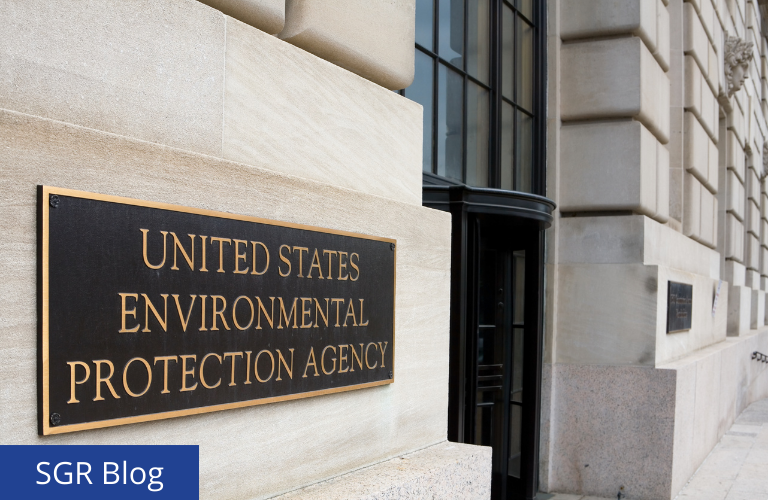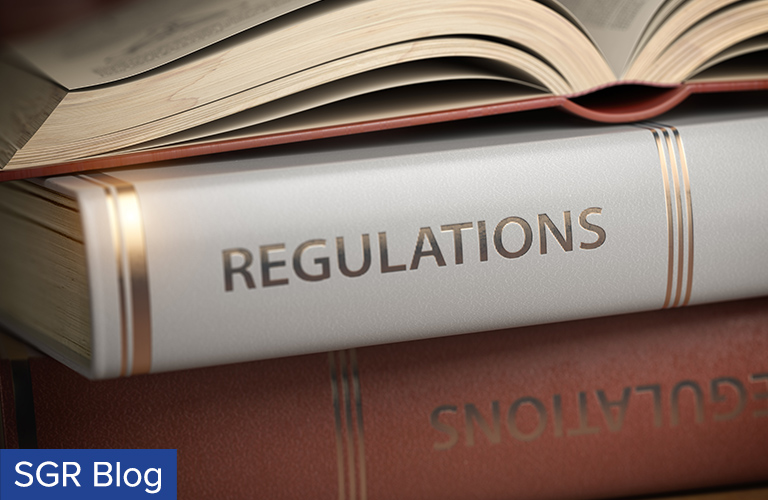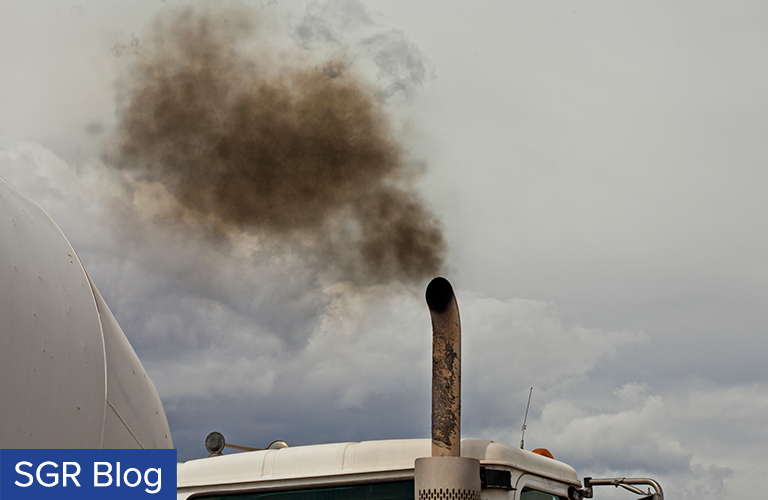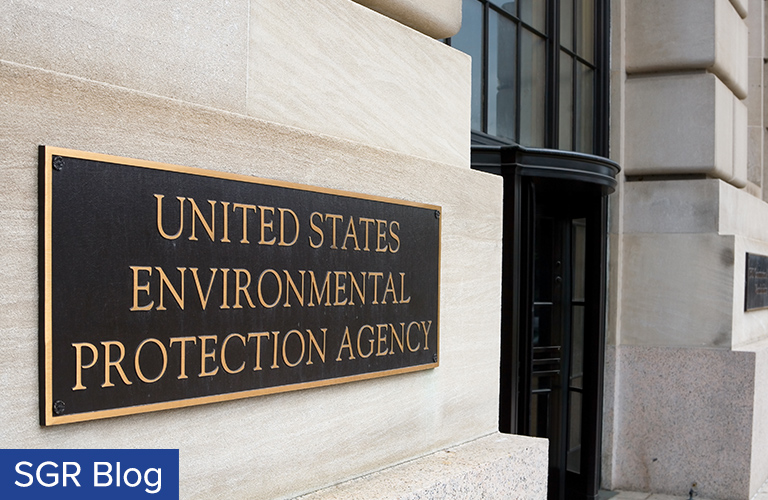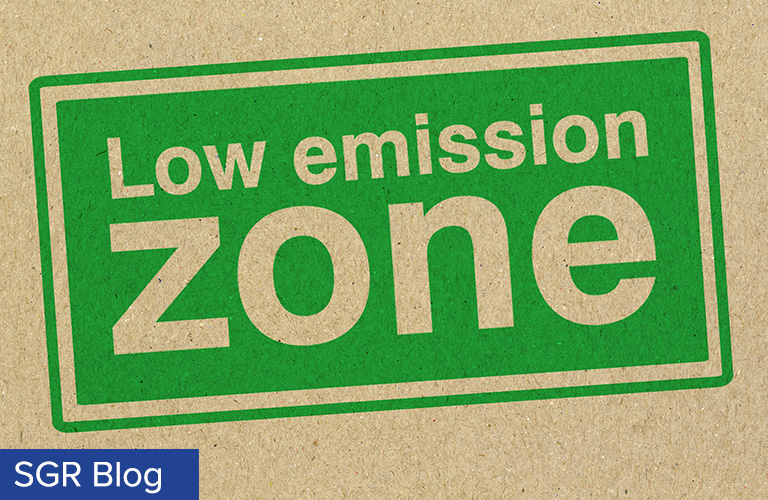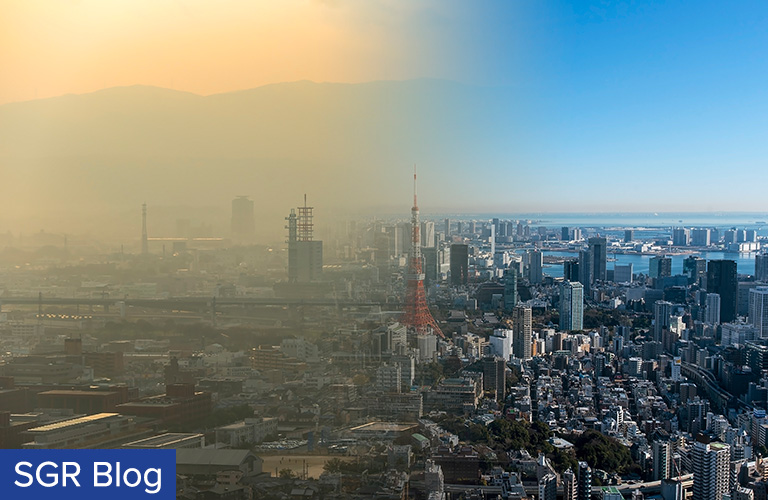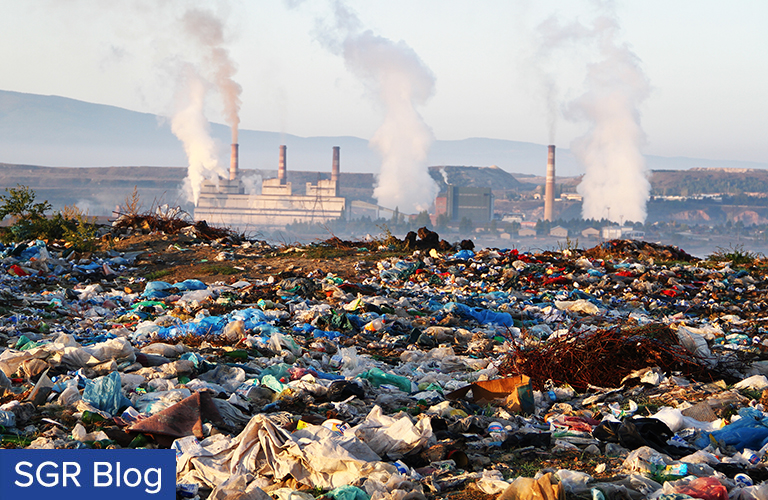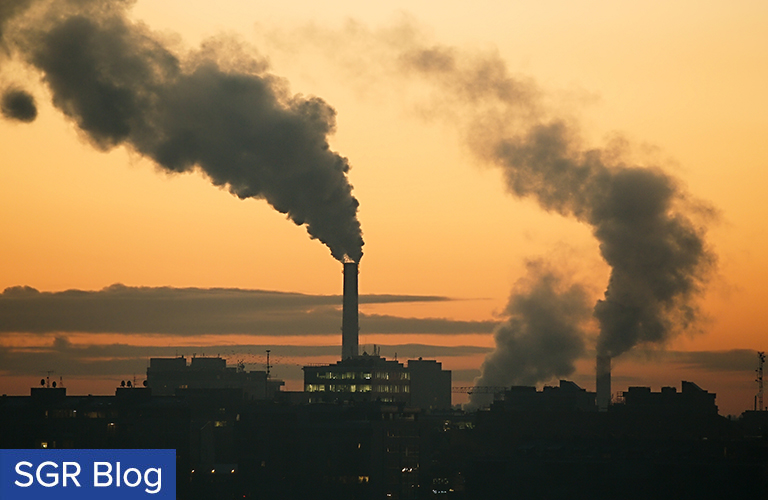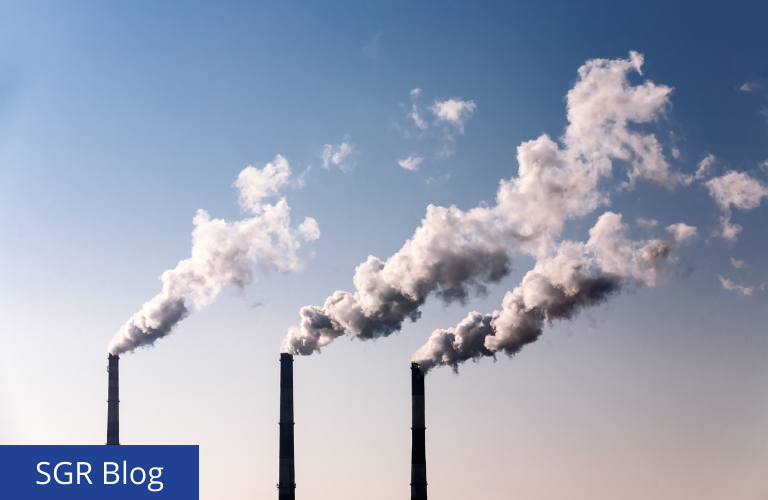
A three-judge panel for the U.S. Court of Appeals for the Third Circuit has held that the Clean Air Act (“CAA”) bars the EPA from requiring facilities that are restarting after being shuttered to undergo to strict, Prevention of Significant Deterioration (“PSD”) permitting. In the Opinion, Port Hamilton Refining & Transportation LLP v. EPA, the three-judge panel vacated the EPA’s 2022 decision requiring a refinery to obtain a PSD permit when the shuttered facility reopened. According to the panel, the CAA “unambiguously limits the PSD Program’s application to newly constructed or modified facilities. The refinery is not new and has… Read more


